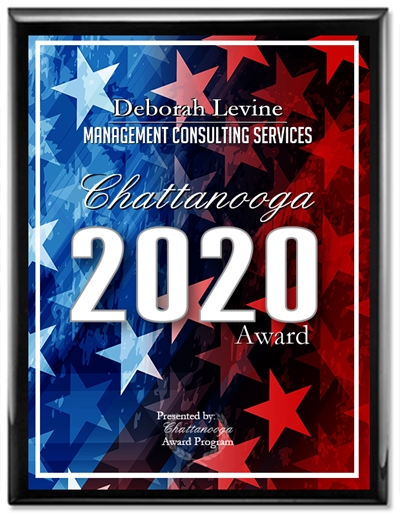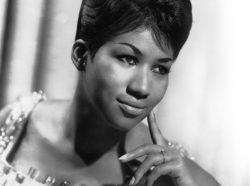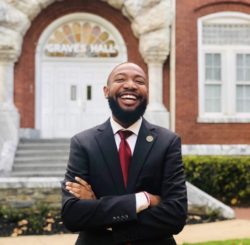A Light in the Darkness – by Robyn Lebron
Fear of the unknown is very common; something we’ve all experience, I’m sure. I remember when my daughter was leaving a 200-student middle school, and going to a 2,500-student high school. She was terrified that she would be “lost all the time” until I reminded her that her favorite mall was twice that size, and she was never lost there!
The “little child” in us rears it’s head when situations arise that we feel unprepared for. But as we pass through the eye of the storm, something miraculous happens! When human beings are faced with difficult situations, they rise to extraordinary heights! The spirit inside us blossoms and we become the beings we are meant to be. The sight of another person or community in need erases all those childlike fears, and we expose our “superman” uniforms!
Continue reading Pandemic Thoughts – by Robyn Lebron and Sridhar Rangaswamy

 It’s one thing to return to a place for the sake of your own memories, quite another to go there on the pretext of someone else’s, to walk through their shadows and rekindle their nightmares. As a member of the subsequent generation, the Vietnam War is not a living memory for me, much like the East-West divide and Berlin Wall are not so much defining moments in cultural identity for today’s German teenagers as they are fodder for museum exhibits and high school history exams. Even as someone raised in part by a Vietnam War veteran, somehow, the war was something that just simply was, a small, if persistent, shadow in the background of our lives.
It’s one thing to return to a place for the sake of your own memories, quite another to go there on the pretext of someone else’s, to walk through their shadows and rekindle their nightmares. As a member of the subsequent generation, the Vietnam War is not a living memory for me, much like the East-West divide and Berlin Wall are not so much defining moments in cultural identity for today’s German teenagers as they are fodder for museum exhibits and high school history exams. Even as someone raised in part by a Vietnam War veteran, somehow, the war was something that just simply was, a small, if persistent, shadow in the background of our lives.

 As an undergraduate student at Morehouse College, Kevin Womack double majored in mathematics and computer science. To study two such demanding fields was doubly difficult, he says. But, crediting his mother (an engineer) and his father (a computer scientist), Womack says that quantitative reasoning came naturally to him and he was undaunted by the workload. Now a student in the master’s degree program at the Data Science Institute at Columbia University, Womack excels in his coursework and is an advocate for increased diversity in data science. Here, he discusses his background, his career goals, and his commitment to diversity.
As an undergraduate student at Morehouse College, Kevin Womack double majored in mathematics and computer science. To study two such demanding fields was doubly difficult, he says. But, crediting his mother (an engineer) and his father (a computer scientist), Womack says that quantitative reasoning came naturally to him and he was undaunted by the workload. Now a student in the master’s degree program at the Data Science Institute at Columbia University, Womack excels in his coursework and is an advocate for increased diversity in data science. Here, he discusses his background, his career goals, and his commitment to diversity.